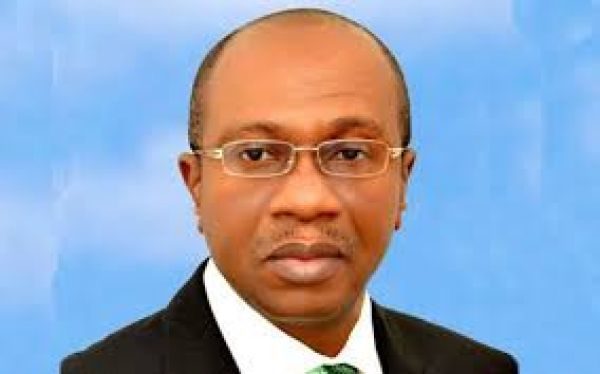The Bankers’ Committee comprising the Central Bank of Nigeria (CBN), Chief Executive Officers of Deposit Money Banks (DMBs) and other financial institutions over the weekend agreed to generate at least N500 billion in loans to exporters annually to nurture domestic production and grow export value in Nigeria.
In a communiqué issued at the end of a two-day retreat held in Lagos, the committee pledged to support the operations of selected export terminal like Lekki Port; Airports at Ogun and Kano.
Realising that tremendous progress has been made in generating non-oil export revenues in 2022, (approximately US$62 million in quarter one, US$622 million in quarter two, and US$850 million in quarter three), the Bankers’ Committee resolved that the Central Bank of Nigeria should continue to support imports needs of Nigerians through the retail-Small and Medium scale SMIS foreign exchange (FX) window while the DMBs will continue to ramp up non-oil export revenue through increased repatriation of proceeds by exporters.
ALSO READ FROM NIGERIAN TRIBUNE
On infrastructure, the Retreat resolved to work through InfraCorp to fund the road projects from Lekki to Ondo to facilitate the transportation of good rom Lagos/ Lekki ports to other parts of the country.
They are committed to continued support of the creative industry especially as Nigeria accelerate the completion of the ongoing Bankers’ Committee project at the National Theatre
“Over the next few days, the Bankers’ Committee will finalise the strategy, governance framework action plan and assign responsibilities for implementation for the Bankers’ Committee program for 2023 that will achieve the desired results and outcomes.
“We will on an ongoing basis, monitor the progress of implementation and as well as the impact of our actions on Nigeria’s economic development goals and objectives.
“The Sub-committee on Economic Development and Sustainability will co-ordinate execution of the programme and provide feedback to the Central Bank of Nigeria and the Bankers’ Committee,” the communiqué read in part.
The Bankers’ Committee said it appreciates the role of banks as an enabler and catalyst of real sector growth, through its advocacy, interventions and targeted support.
The Bankers’ Committee Retreat thus is a milestone event in the calendar of the financial services sector that provide a unique platform for the Bankers’ Committee to conduct a recap of major banking system events during the outgoing year and also discuss how these global and local developments will shape banking system activities in the coming year.
The Governor of the Central Bank of Nigeria, Godwin Emefiele, the Deputy Governors, the Managing Director, Nigeria Deposit Insurance Corporation, together with Chief Executive Officers of Deposit Money Banks (DMBs) convened the 13th Annual Bankers’ Committee Retreat in Lagos from the 9th – 10th December 2022.
The Executive Governor of Lagos State, Mr Babajide Sanwo-Olu, served as the special guest at the Retreat. The Honourable Minister of Finance was represented.
In attendance were subject matter experts in economic analysis, participants in the non-oil production and export value chain, export development authorities as well sustainability finance experts from within and outside Nigeria.
The theme for the 2022 Retreat is “Increasing the Productive Base of the Nigerian Economy – Focus on Boosting Non-Oil Export Revenues”
The major reason for the choice of this topic is the clear realization by the Bankers’ Committee that given the dearth of foreign exchange revenue from the crude oil sales, and the tight global financial market conditions, there is an urgent need to activate other non-oil sources of foreign exchange receipts. Increased inflow of funds through the more sustainable channel of non-oil revenue can be generated to fund the import needs of our import customers while concurrently growing the productive base of our economy and our overall Gross Domestic Product (GDP).



